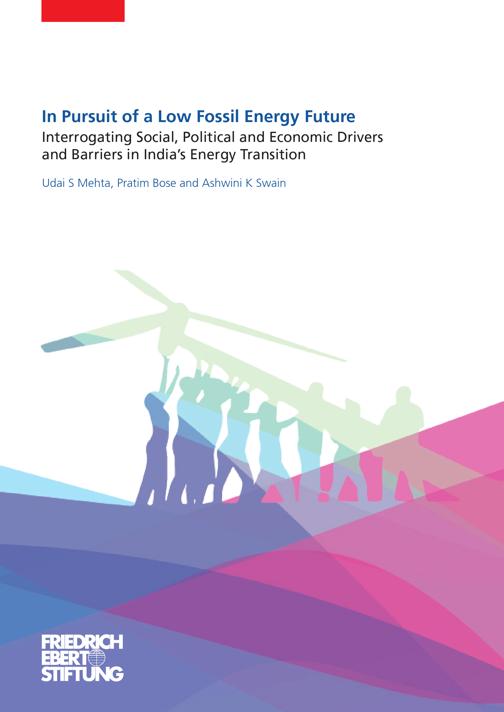Publikationen der StiftungIn pursuit of a low fossil energy future Titel
Titelaufnahme
- TitelIn pursuit of a low fossil energy future : interrogating social, political and economic drivers and barriers in India's energy transition
- Verfasser
- Körperschaft
- Erschienen
- Umfang1 Online-Ressource (II, 20 Seiten)
- SpracheEnglisch
- DokumenttypDruckschrift
- Schlagwörter (LOCAL)
- Schlagwörter
- Geografika
- URN
- Das Dokument ist frei verfügbar
- Nachweis
- Archiv
Tackling climate change will not be possible without a significant contribution from Asia. According to economic forecasts, Asia�s share of global greenhouse gas emissions will grow dramatically in the coming decades. There is a growing interest in renewable energy in many parts of Asia. Greater use of renewable energy may lead to more socially and environmentally just energy structures. India is the second-largest consumer of coal, and the third-largest greenhouse gas emitting country. The Indian government is calling for far greater investment in renewable energy. Despite this development towards a cleaner energy system, India still needs to address a broad variety of challenges.
However, little is known about the actual social and political contributions, costs and implications of renewable energy expansion. Friedrich-Ebert-Stiftung has examined these questions with a series of country studies in Asia. The studies look at the political and social factors that drive�but also hamper�socially just energy transitions. The contributing countries are China, India, Indonesia, Japan, the Philippines, the Republic of Korea, Thailand and Vietnam.
